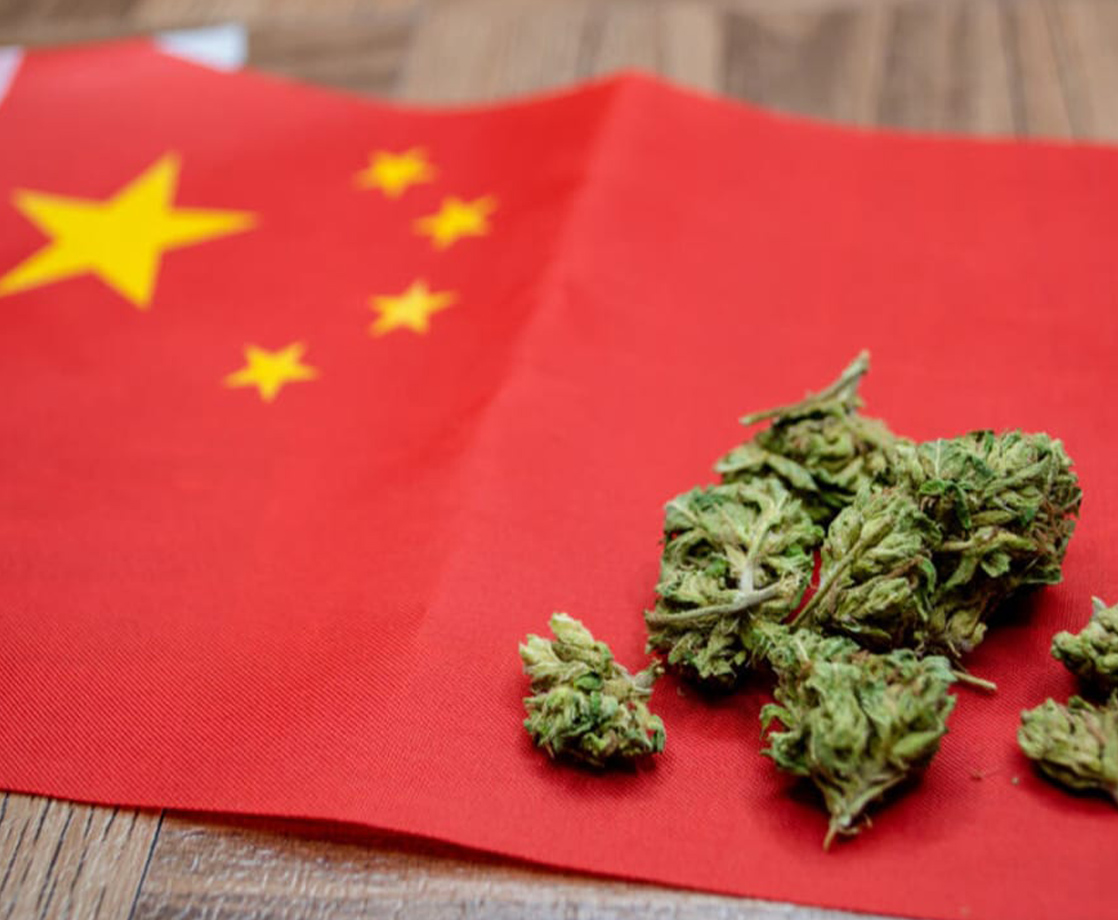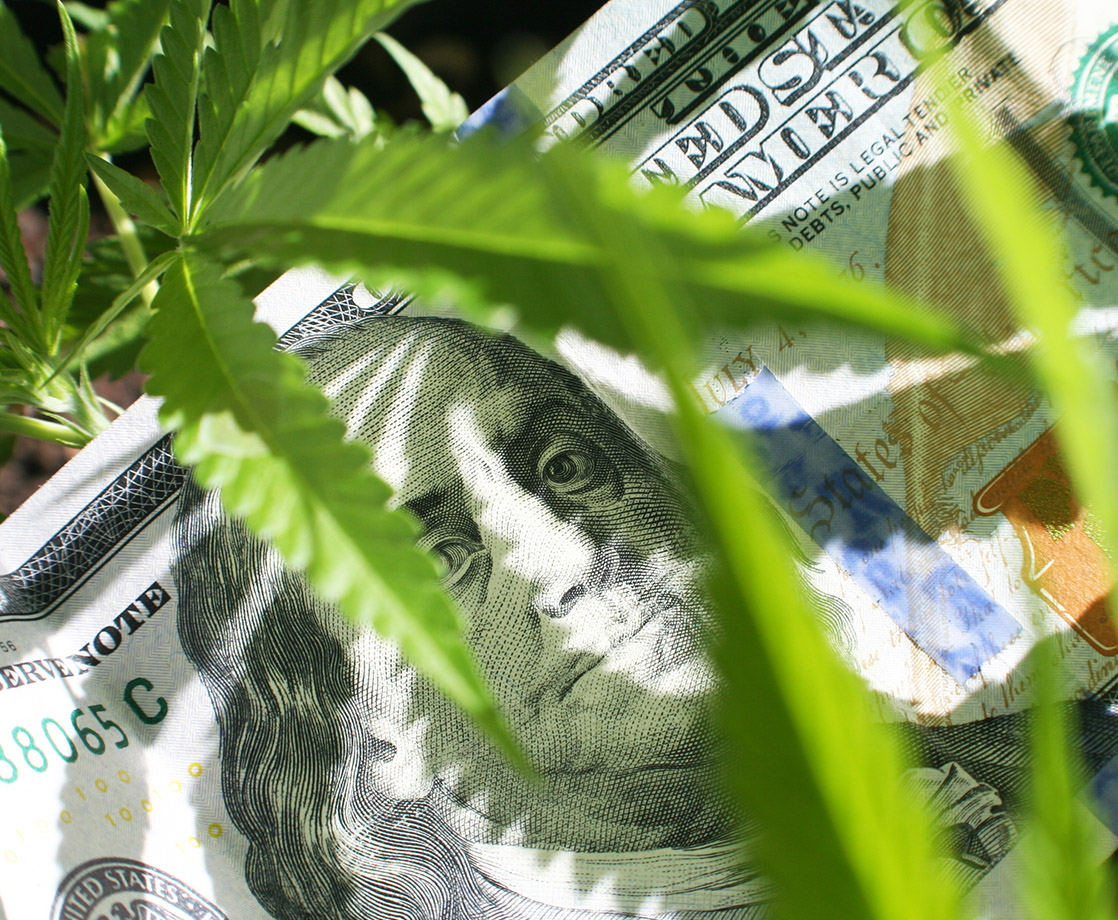Last week, the Chinese consulate in Calgary issued a warning to all Chinese citizens living in Canada: Don’t bring Canada’s weed into China. Not even by accident.
The consulate’s letter urged Canada’s Chinese citizens to “fully understand the harmfulness of cannabis products,” the South China Morning Post reported. The letter, which was issued on behalf of the Chinese foreign ministry, reminded Chinese citizens that even if marijuana is legal in Canada, it’s still very much illegal in China, and weed traffickers overseas can face the death penalty if caught by Chinese authorities.
The letter advised checking all product labels to avoid “unwittingly purchasing, possessing, consuming or bringing products containing cannabis” back to China. It also stated that both THC and CBD products are banned in China.
Gallery — Vintage Reefer Madness Imagery:
The Chinese consulate’s timing for releasing the letter isn’t coincidental, either. Last week, Canada’s government began its next phase of weed legalization, which will include a massive roll-out of marijuana-infused foods, candies, and drinks in December. Canada may be the second nation to federally legalize marijuana, but the Canadian government didn’t legalize all types of weed products at the same time.
In China, there are widespread, gross misconceptions concerning both Canada’s legalization and China’s anti-weed policies. According to Robert Hunwick, who writes about China at the news site Foreign Policy, there’s a lot of online chatter on WeChat, China’s only approved mobile messaging app, that Chinese citizens in Canada or the US will unknowingly ingest, or be tricked into ingesting, marijuana edibles. And when those weeded-up Chinese folks return to their home country, they worry that Chinese police will be waiting for them with plastic urine-collection cups in hand.
Of course, these are completely unfounded rumors that’ve been stewing in a digital echo chamber. The Chinese consulate’s letter did not state that Chinese citizens would get in trouble for consuming cannabis while in Canada. It only asked that no one bring marijuana products into China.
However, the rumor mill may be a societal response to the Chinese government’s harsh crackdown on weed dealers and traffickers at home.
In April 2018, federal law enforcement agencies made one of the biggest drug busts in US history. Over 100 homes in California, across seven counties, were raided and found to be growing, processing, and packaging massive quantities of weed.
Several months after the April 2018 mega-bust, the Chinese government began forcibly closing nightclubs and bars in Shanghai – businesses that were owned and managed by the Chinese mafia. Police officers are stationed in front of the clubs, and no one is allowed to re-open them. According to Hunwick, the club closures were retaliation for Chinese gangs’ involvement in trafficking weed.
China hasn’t been entirely chill regarding North America’s weed legalization. Top Chinese officials are blaming a 25 percent rise in marijuana seizures on legalization. Supposedly, people in the US and Canada are mailing droves of packages packed with weed into China, which, according to the Chinese officials, has turned a measly one one-thousandth of a percent of the Chinese population into weed consumers.
If you know your cannabis history, the heaps of irony shouldn’t be lost on you here. China didn’t outlaw marijuana until 1985, after it signed onto the UN’s Convention on Psychotropic Substances. Despite the country’s disdain for cannabis, scientists recently uncovered the oldest evidence of weed smoking at an archaeology site in China.
Additionally, the world’s first pharmacopeia, which was written and published in China, mentions cannabis as a treatment for menstrual cramps, gout, and other maladies.
Follow Randy Robinson on Twitter











